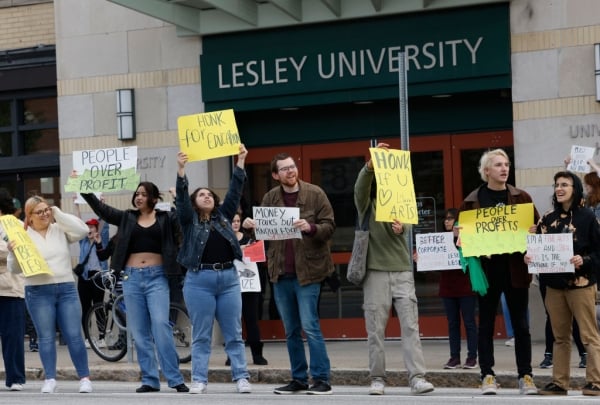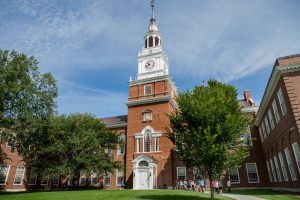Lesley University, a prestigious institution in Cambridge, Massachusetts, is facing its third vote of no confidence in recent years. This latest round of dissent comes after a tumultuous period marked by administrative turnover and dissatisfaction among faculty and staff.
The first vote of no confidence took place in 2017 after widespread dissatisfaction with the then-president’s leadership style and decision-making process. The vote was largely symbolic, as the president resigned shortly after, citing personal reasons. However, the discontent among the university’s stakeholders did not dissipate with the change in leadership.
The second vote of no confidence occurred in 2019 when concerns about financial mismanagement and a lack of transparency in decision-making processes came to a head. This time, the vote resulted in the resignation of several key administrators and the implementation of new policies aimed at improving communication and accountability within the university.
Now, just a few years later, Lesley University finds itself embroiled in yet another vote of no confidence. The reasons for this latest round of dissent are varied, but a common theme seems to be a lack of trust and cooperation among faculty, staff, and administrators. Some faculty members have expressed frustration with what they perceive as a top-down management approach that stifles academic freedom and creativity. Others are concerned about the university’s financial stability and long-term viability.
In response to the growing discontent, the university administration has pledged to address the concerns raised by faculty and staff. They have committed to improving communication channels, fostering a more collaborative decision-making process, and ensuring accountability at all levels of the institution. However, many are skeptical of these promises, given the failures of past attempts to address similar issues.
The vote of no confidence at Lesley University highlights the challenges facing modern higher education institutions. As universities grapple with shrinking budgets, increased competition, and changing student demographics, the need for strong leadership and effective governance has never been more critical. It remains to be seen whether Lesley University will be able to overcome its internal challenges and regain the trust of its stakeholders, or if this latest vote of no confidence will mark the beginning of a downward spiral for the institution.



